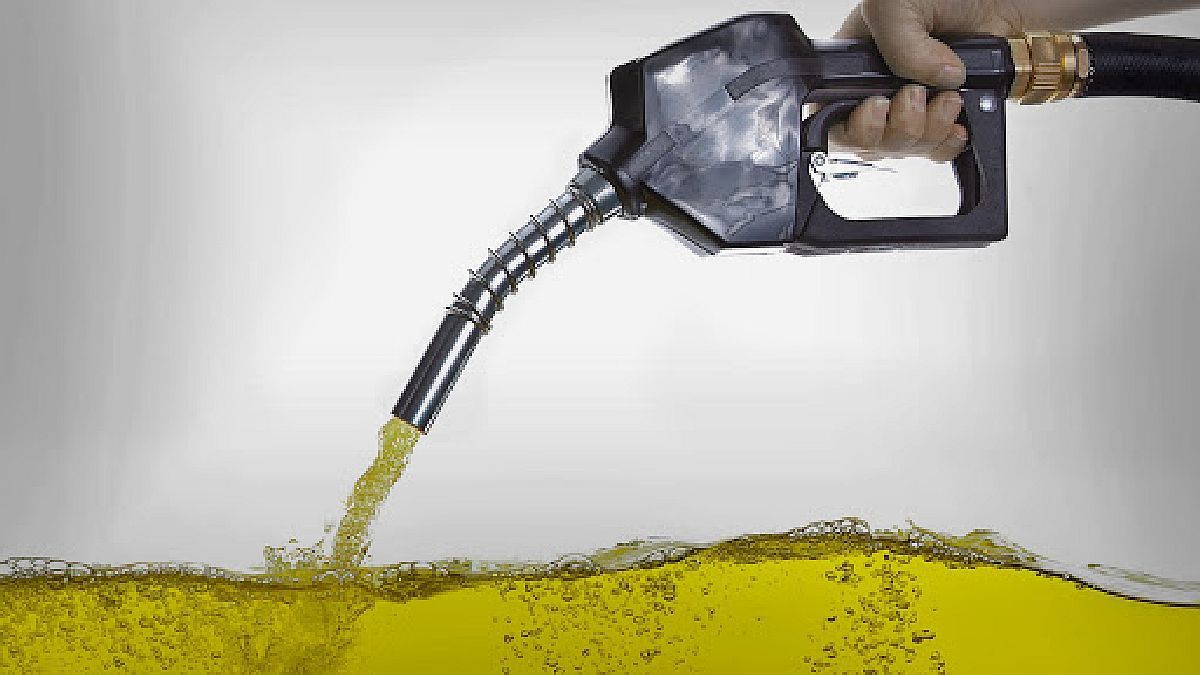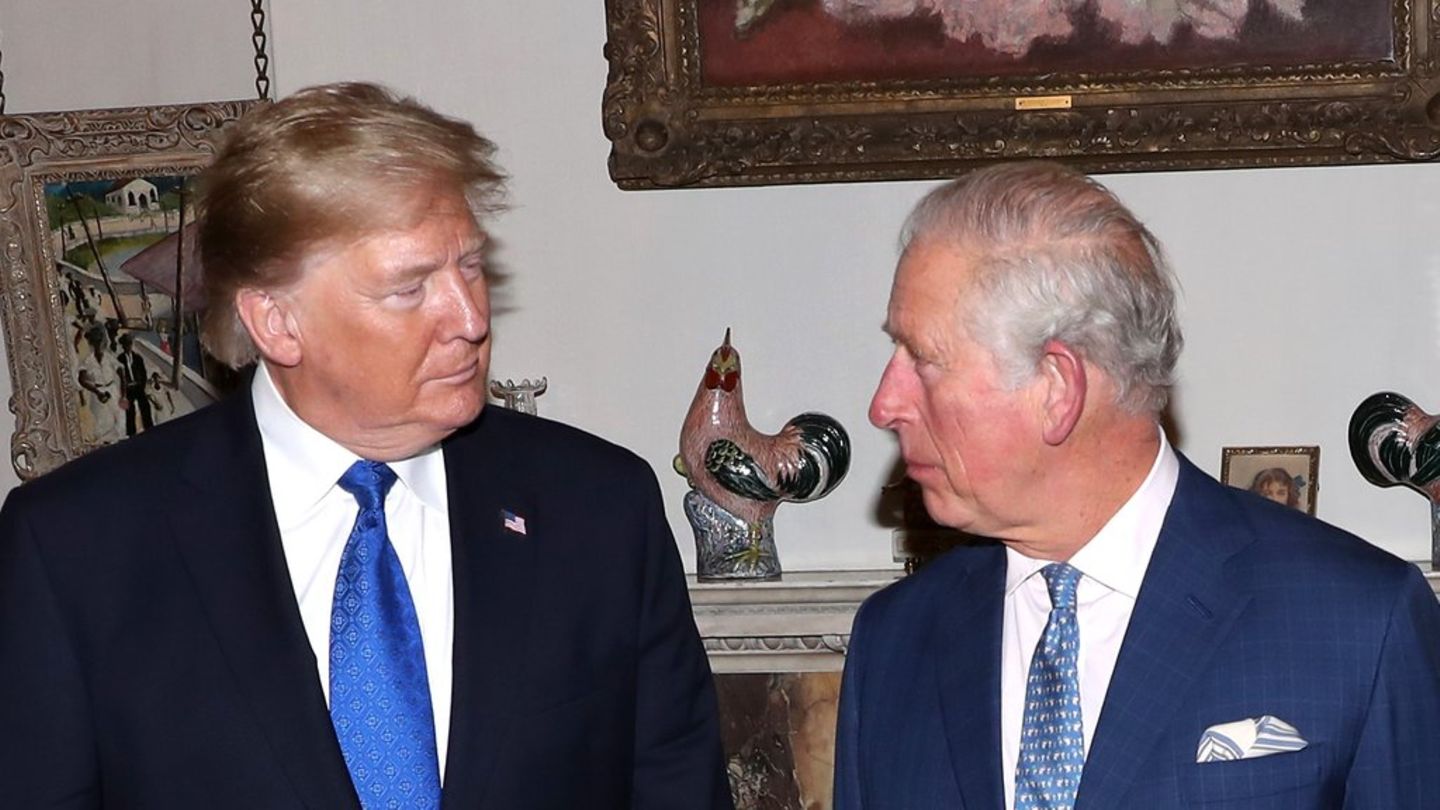For this purpose, a tax incentive regime was established through the granting of transferable tax credit certificates applicable to the payment of export duties for hydrocarbon activity, for those producing companies that increased their fuel production.
In December 2014, a new export duty scheme was established, which set a 0% withholding rate in cases where the international price of crude oil was equal to or less than US $ 45 per barrel; and 8% if it was equal to or greater than US $ 60.
However, the Government specified in the current decree that “the volatility of the international price of crude oil –currently over US $ 80- and its derivatives generated a considerable reduction in hydrocarbon exports and, therefore, in the rights of export associated with such products ”.
In this regard, he stressed that this “leads to the gradual use of the aforementioned tax credit certificates and considerably extends over time the compensation of the credits granted.”
Consequently, he acknowledged that “the beneficiary companies have seriously restricted the possibility of using the certificates delivered within the framework of the program”, and stated that this “makes it difficult for them to absorb the entire tax credit generated as of December 31, 2021, and In this way, it loses the incentive originally conceived as a reduction in the tax burden through payment on account ”.
“Faced with such a scenario, the use of said tax credit certificates with export rights for hydrocarbon activity is insufficient to absorb the tax credits granted to companies benefiting from Refining Plus, especially with regard to refining activity” , the decree remarked.
Thus, he considered that “it is appropriate to implement measures designed to guarantee the profitability levels of the hydrocarbon sector in order to maintain investment guidelines aimed at achieving self-sufficiency of hydrocarbons and ensure compliance with the principles of hydrocarbon policy.”
In this framework, he pointed out that “it is reasonable to temporarily expand the application base of the payment on account to allow the crystallization of the incentive originally thought and to extend the application of the aforementioned tax credit certificates to the payment of the export rights of other merchandise from the agricultural sector, which are received by companies in the hydrocarbon sector in exchange operations for the commercialization of diesel in the domestic market ”.
These goods are wheat; barley; corn; sorghum; soy beans (beans, beans, beans); soybean, sunflower, safflower and cotton oils; residues from the milling and extraction of soybean oil and vegetable fats or oils; soybean hull pellets and sunflower seeds.
In this regard, the decree highlighted that “the growing international context in terms of commodity prices, both agricultural and agro-industrial, will allow an effective use of the aforementioned tax credit certificates and will facilitate a genuine materialization of the tax incentive.”
He also stressed that “this measure promotes and encourages agricultural activity and regional economies and encourages exports by allowing the immediate monetization of a tax credit in the amount of export duties, which in this activity are substantially higher than export duties of hydrocarbons ”.
He also indicated that “this temporary provision contributes to a greater generation of foreign exchange from exports, a highly relevant collateral effect in times of crisis that the country is going through.”
David William is a talented author who has made a name for himself in the world of writing. He is a professional author who writes on a wide range of topics, from general interest to opinion news. David is currently working as a writer at 24 hours worlds where he brings his unique perspective and in-depth research to his articles, making them both informative and engaging.




